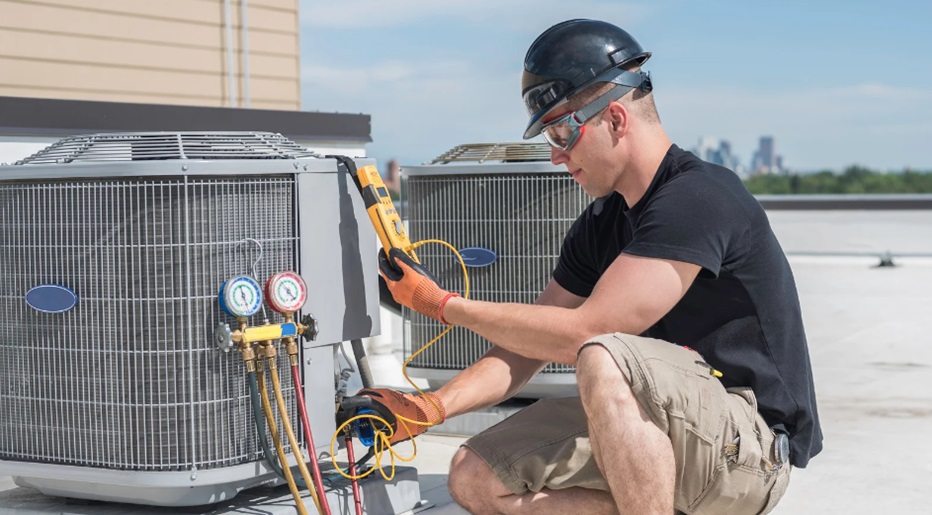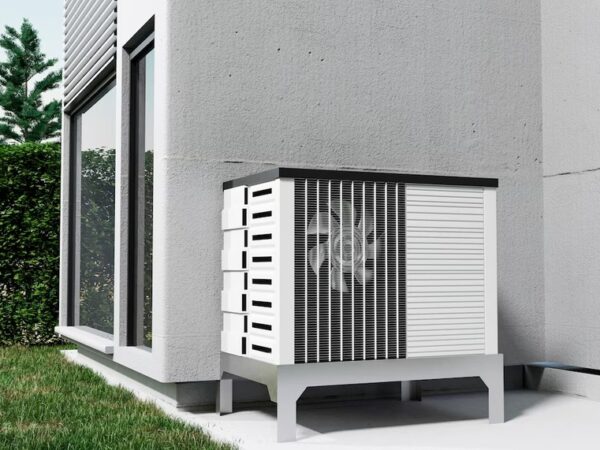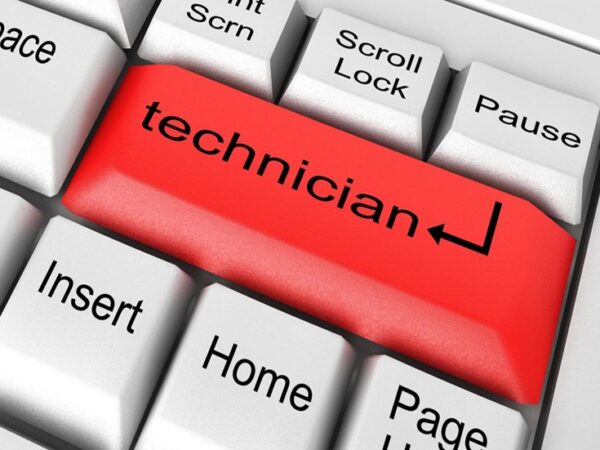When your air conditioning unit breaks down, especially during a hot summer day, it can be a stressful experience. Fortunately, there are clear steps you can take to address the issue. If you need AC repair in Apple Valley, there are reliable services available to assist you promptly. This guide will help you understand what to do when your AC unit fails.
Initial Assessment
Check the Power Supply
Before assuming the worst, ensure that your air conditioning unit is receiving power. Inspect the circuit breaker to determine if it has tripped or if there are any blown fuses. Sometimes, a simple reset can restore your AC to working order.
Inspect the Thermostat
Check the thermostat settings to confirm they are accurate. Ensure it is set to “cool” and that the desired temperature is lower than the current room temperature. If your thermostat runs on batteries, consider replacing them.
Basic Troubleshooting
Clean or Replace the Air Filters
Dirty or clogged air filters can restrict airflow and cause the AC to malfunction. Regularly cleaning or replacing filters can prevent these issues and improve efficiency. This is a simple maintenance task you can perform to avoid further complications.
Examine the Outdoor Unit
Inspect the outdoor unit for any visible obstructions, such as debris or plants that might be blocking airflow. Keeping the area around the unit clear can enhance its performance and prevent overheating.
When to Call a Professional
Identifying Complex Issues
If basic troubleshooting fails to resolve the issue, it may be time to seek the help of a professional. Problems like refrigerant leaks, electrical malfunctions, or faulty components require expert attention. Understanding the differences between DIY and professional AC installation can guide you in deciding when it’s best to consult a professional.
Regular Maintenance and Repairs
Scheduling regular maintenance can help prevent unexpected breakdowns and extend the lifespan of your AC unit. For more tips on maintaining your unit, read this article.
Preventive Measures
Schedule Regular Check-Ups
Regular inspections by a certified technician can identify potential issues before they become major problems. Annual or bi-annual check-ups can ensure your AC unit is ready for peak performance during the hottest months.
Keep the Unit Clean
Cleaning both the indoor and outdoor components of your AC system can prevent dust and debris build-up. This simple maintenance can improve efficiency and reduce the risk of breakdowns.
Conclusion
Addressing an AC breakdown requires a methodical approach, from checking power supplies to consulting professionals when necessary. Regular maintenance and timely repairs are crucial for ensuring your unit operates efficiently and lasts longer. By following these steps, you can manage breakdowns effectively and keep your home comfortable.
Frequently Asked Questions
1. How often should I replace my AC filters?
AC filters should typically be replaced every 1-3 months, depending on usage and the type of filter. Regular replacement ensures optimal airflow and efficiency.
2. What should I do if my AC unit is leaking water?
Water leaks can result from clogged drains or issues with the condensate pump. Turn off the AC and consult a professional to address the issue promptly.
3. Is it worth repairing an old AC unit?
The decision to repair or replace depends on factors such as the unit’s age, the cost of repairs, and energy efficiency. A professional can help assess whether repairs are cost-effective or if a replacement is more advisable.





